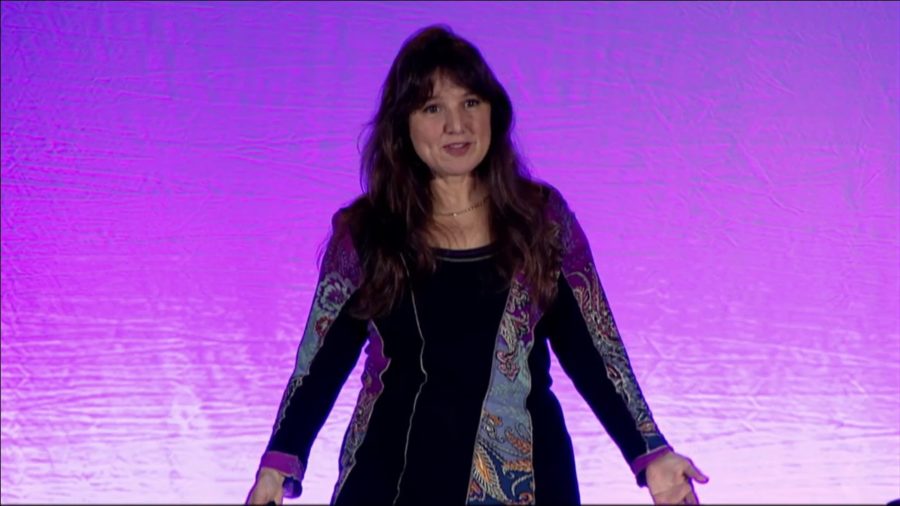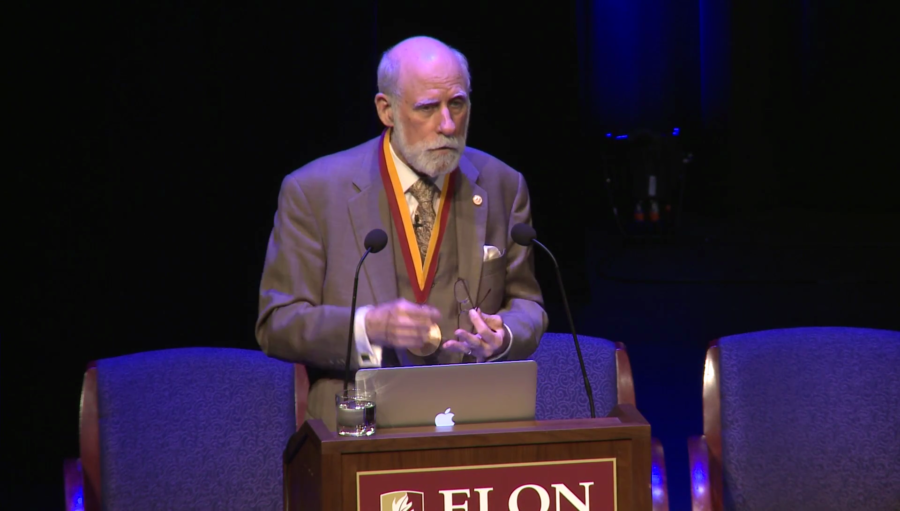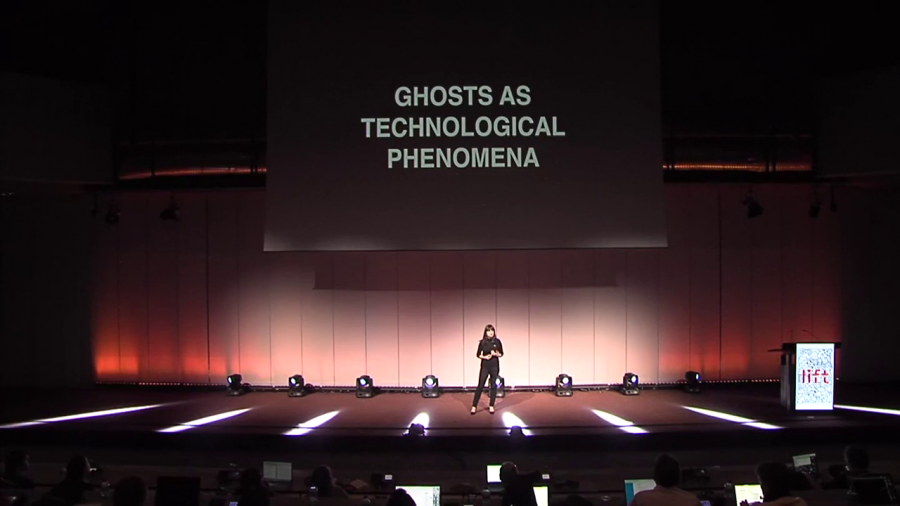Computers can tell stories but they’re always stories that humans have input into a computer, which are then just being regurgitated. But they don’t make stories up on their own. They don’t really understand the stories that we tell. They’re not kind of aware of the cultural importance of stories. They can’t watch the same movies or read the same books we do. And this seems like this huge missing gap between what computers can do and humans can do if you think about how important storytelling is to the human condition.
Archive (Page 2 of 2)
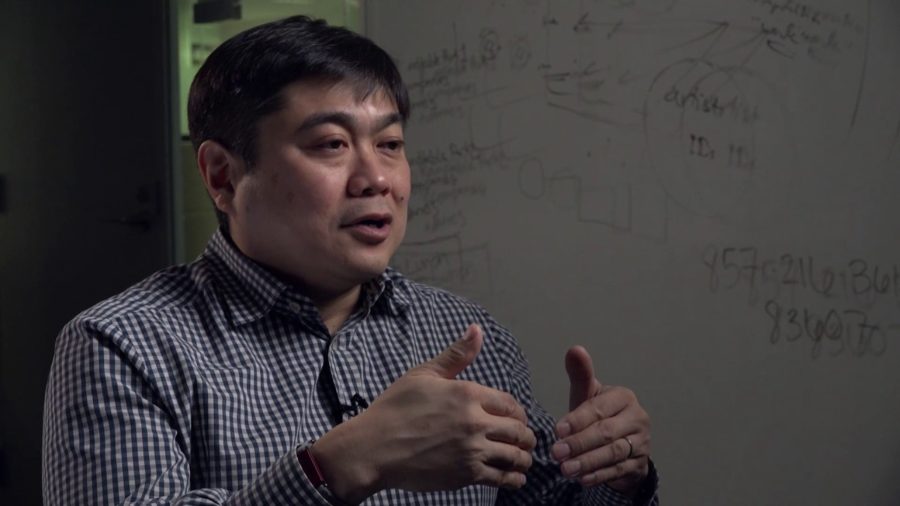
Machine learning systems that we have today have become so powerful and are being introduced into everything from self-driving cars, to predictive policing, to assisting judges, to producing your news feed on Facebook on what you ought to see. And they have a lot of societal impacts. But they’re very difficult to audit.
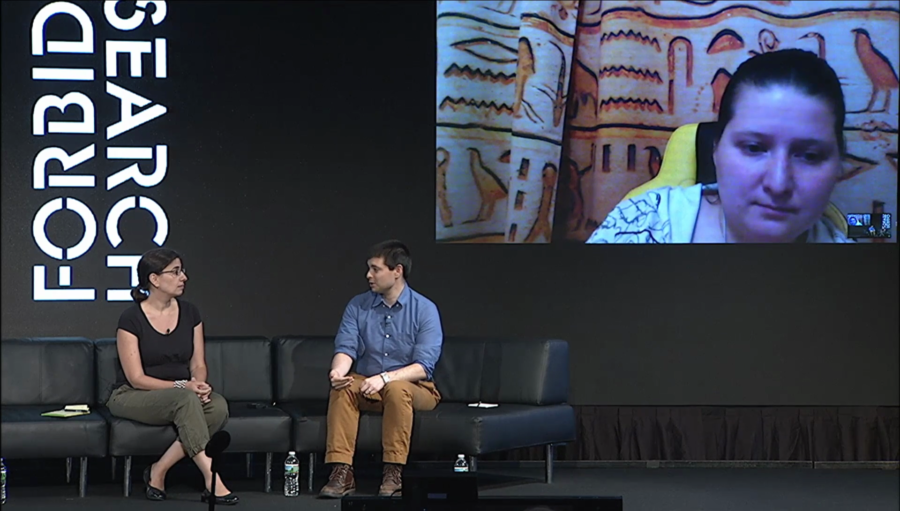
Quite often when we’re asking these difficult questions we’re asking about questions where we might not even know how to ask where the line is. But in other cases, when researchers work to advance public knowledge, even on uncontroversial topics, we can still find ourselves forbidden from doing the research or disseminating the research.
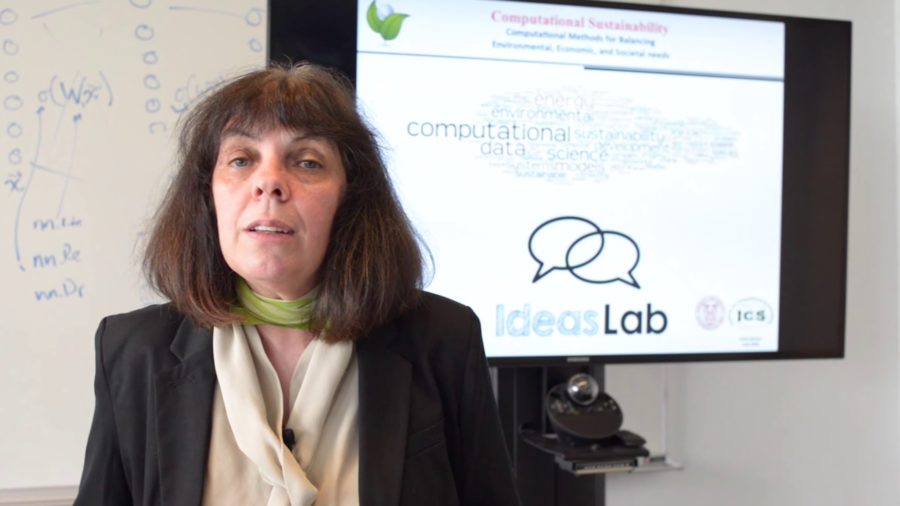
The smartphone is the ultimate example of a universal computer. Apps transform the phone into different devices. Unfortunately, the computational revolution has done little for the sustainability of our Earth. Yet, sustainability problems are unique in scale and complexity, often involving significant computational challenges.
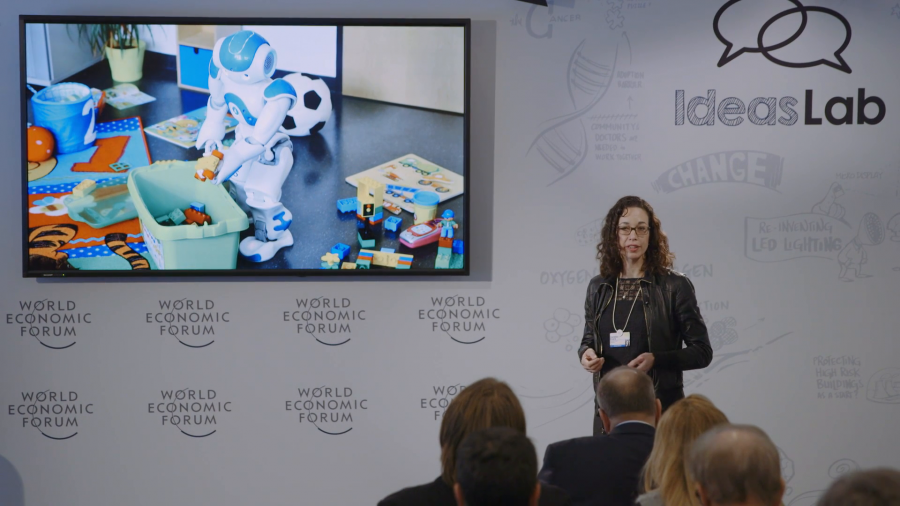
Social referencing is so great robots should do it, too. But first there are some technical challenges that we need to solve. For instance, low energy consumption. Throughout these technical challenges, what these robots really need to do is understand the social environment that they are in.

